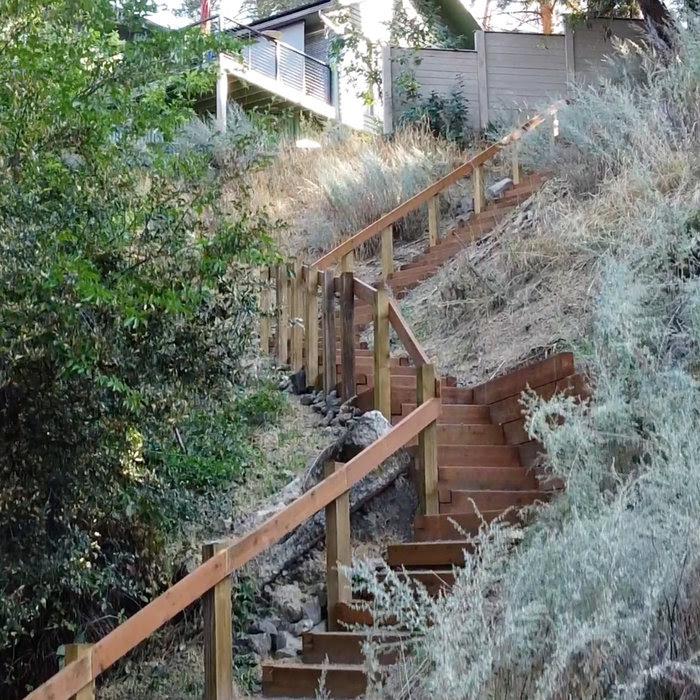
Yesterday we blogged that the Center for Justice (CFJ) has given the City of Spokane the requisite 60-day notice of intent to sue for violating the Clean Water Act. Today’s Spokesman-Review coverage on the issue was ambiguous on whether or not a lawsuit would actually be filed, so we called CFJ attorney Rick Eichstaedt for clarification on the Center for Justice’s game plan. Eichstaedt could not pinpoint exactly what changes CFJ would require of the City to avoid a lawsuit — largely because the source of the contamination is still unknown — but he says the 60-day notice was necessary to motivate long-overdue action by the City.
OTM: When you posted the Spokesman story to your Facebook profile, you included the statement “Headlines can be deceiving…. We are hoping we don’t have to sue, but we want the City to address the problem.” What was the misunderstanding?
Eichstaedt: I think the Spokesman [was saying] we’re going to sue.
And you’re not?
We gave notice that it’s a potential. We gave them notice that we could sue after 60 days.
What’s the alternative?
We’d really like to talk to them to try to resolve it. That provides them an opportunity to fix the problem.
The CFJ report on the issue says the City of Spokane is the greatest contributor to the PCB problem. What’s the source of the PBCs?
The PCBs are coming from their storm-water system. We don’t know where [exactly they are] coming from, and that’s part of the problem. Old industrial sites, current industrial sites… A typical place where it is, is old transformer storage sites.













